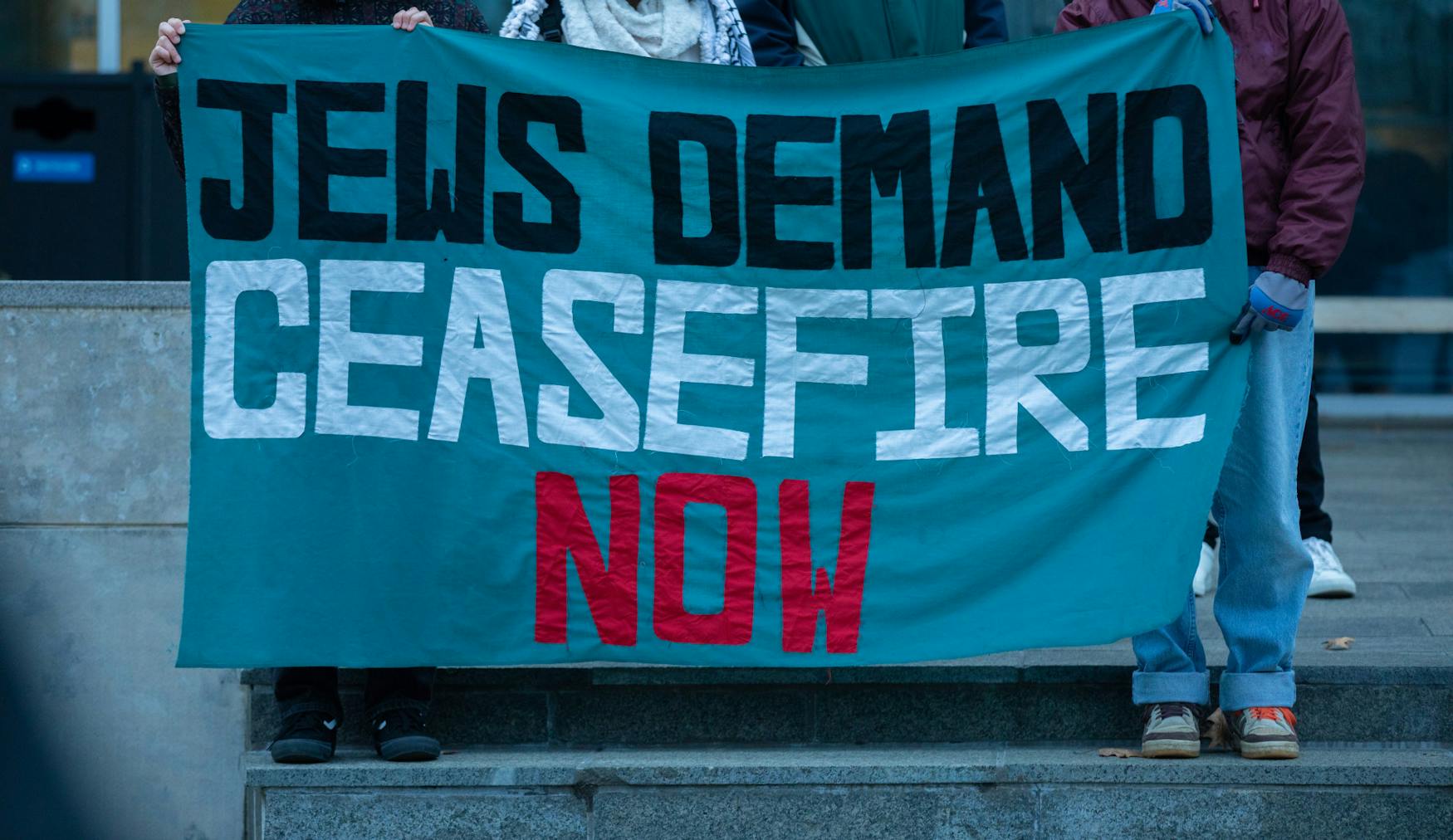I’m an Israeli-American who attended Brandeis: The censorship of Palestinian students betrays everything I was taught
As an alumnus of Brandeis, I am heartbroken over the recent announcement that the school will be the first private university in America to ban its Students for Justice in Palestine chapter. And I say this as an Israeli-American descendant of Holocaust survivors.
I can’t say, however, that I am shocked.
When I was a student, Brandeis was on the Foundation for Individual Rights and Expression’s “worst of the worst” list for its anti-free speech actions. Brandeis also routinely ranks near the bottom of FIRE’s student surveys for having a climate that is hostile to diverse viewpoints — especially conservative ones. I’ve long been disappointed that a school whose motto is “Truth even unto to its innermost parts” has become so focused on ideological conformity.
But this latest act of censorship hits close to home. The most remarkable and extraordinary part of my time at Brandeis was the vigorous, robust, and open debate over the Israeli-Palestinian conflict.
In many respects, Brandeis is a typical university filled with students who hold left-of-center and progressive views on most topics. When I was the opinion section editor of this very paper, I routinely had to reach out to the same handful of conservative students to ensure that there was a diversity of views in its pages.
There was one big exception. Because of the school’s strong Jewish identity and ties to the Jewish community, there was a much stronger pro-Israel contingent than you would expect to find at an ideologically comparable university. This meant that vigorous debate about the conflict was the norm.
This was exemplified when former President Jimmy Carter came and gave a speech promoting his book, “Palestine: Peace Not Apartheid.” There were protests and calls to cancel President Carter for his choice to use the term “apartheid” to refer to Israel.
Fortunately, the University did not cave to calls to disinvite Carter, and he delivered a speech to a packed crowd of about 1,700 students, myself included.
A few minutes after his remarks, Harvard Law professor Alan Dershowitz delivered a rebuttal. The remarks from Carter and Dershowitz sparked months of campus events, debates, art exhibits, plays, protests, and demonstrations on the conflict, many hosted by Students for Justice in Palestine.
A few years later, South African judge Richard Goldstone, the author of a controversial report on Israel’s use of force in conflict with Gaza, debated former Israeli Ambassador to the United Nations Dore Gold. Students on both sides protested the event and called for its cancellation. But those who attended witnessed a robust and enlightening discussion.
Attending Brandeis showed me what unencumbered free speech on campus looks like on a topic as tense as the Israeli-Palestinian conflict. At times it was messy and chaotic and raw. Other times, it was personally painful and emotional. It was hard to hear people say that my nation didn’t have a right to exist.
But through my time at Brandeis, I was exposed to ideas and perspectives that I never would have heard otherwise. Taking a class on the conflict and listening to the stories of Israelis and Palestinians devastated by decades of fighting softened my heart and changed me forever.
Even when my views did not change, I left the discussions feeling more empathetic and charitable. Seeing this debate unfold also made me a lifelong convert to the power of freedom of thought and the open marketplace of ideas. Brandeis’s commitment to these ideals on this topic was what made it such a special place for me as a student. I mourn the fact that today’s students may not have that kind of experience.
Not every campus has Brandeis’ unique composition and history.
But every campus is facing similar questions about whether to allow speech that is unsettling and challenges our most deeply held values and convictions. When we hear speech that strikes us as hateful or unenlightened, let us remember Justice Louis Brandeis, who correctly explained that “safety lies in the opportunity to discuss freely supposed grievances and proposed remedies.” The proper response to speech that we find hateful or intolerant, according to Brandeis, “is more speech, not enforced silence.”
The University’s decision to ban Students for Justice in Palestine suggests a dramatic restriction of debate on the topic. And it couldn’t come at a worse moment. When emotions are high on all sides, it is more important than ever to remain committed to open-ended debate and dialogue in all of its messiness.
That’s the only path toward peace and progress.
Daniel Ortner is a member of the class of 2010 and a civil rights attorney at FIRE




Please note All comments are eligible for publication in The Justice.